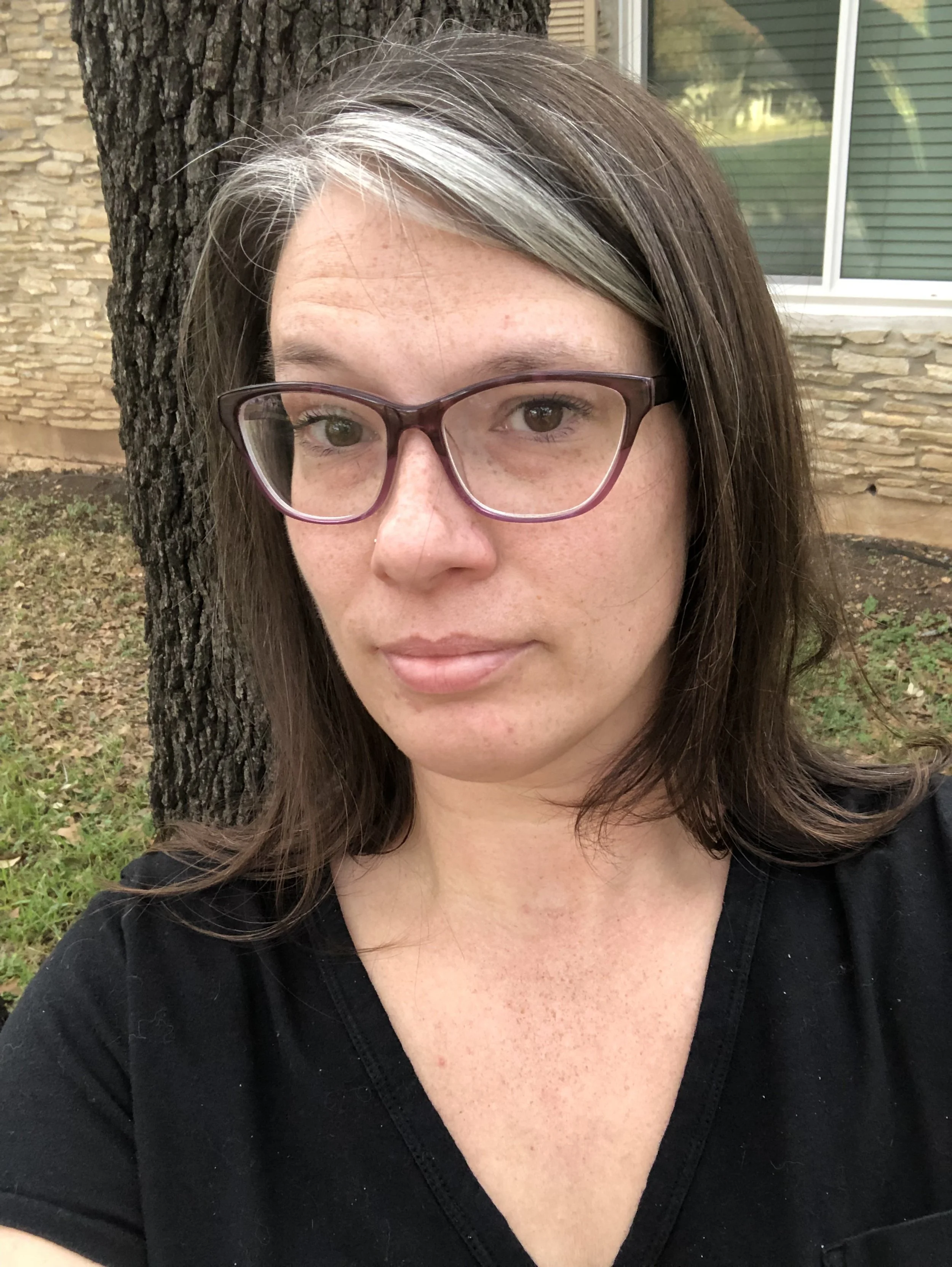Seeking Millennial opinions about Poltergeist (1982).
You know you have one.
What is it about Poltergeist, Tobe Hooper and Steven Spielberg’s 1982 supernatural thriller, that sticks with so many of us forty years on? Sure, some of us saw it too young, and we still have nightmares about carnivorous trees and portals in the closet. As Anthony Breznican puts it in the 40th anniversary feature he wrote for Vanity Fair,
Almost everyone has a Poltergeist memory—watching it on TV, watching it at a sleepover, watching it between your fingers.
He’s not wrong. But we think there might be more to this fascination than just nostalgia or shared televisual trauma. Somehow, for a certain kind of Millennial, this movie (and perhaps the mythology surrounding it) is an epicenter (a portal, maybe) for creative, intellectual, and emotional questions. Whether it’s an interrogation of suburbia and its “happy” nuclear families, an examination of the influential cinematic style of the film, a personal memory of finding out about Heather O’Rourke’s death, or a bizarre affinity with Zelda Rubinstein, Poltergeist is a film that leaves us room to play. This anthology will do just that.
Many genres, many voices, many Millennials.
We’re heeeere.
We are now open for general submissions.
We will close general submissions on March 15, 2024.
Please read our guidelines before submitting!
If you're a Millennial, we'd like to hear your opinions, memories, analyses, and instincts about Poltergeist. These can come in any form you desire: essays, fiction, poetry, art, collage, fictionalized transcripts, spirit photography, whatever. Send it our way.
We are accepting finished submissions at submissions@poltergeistanthology.com. Please use attachments, not copy/paste into the body of the document. (We'll be checking our spam folder carefully.) For large files, links to Google Drive are fine.
Please don't be cute or gimmicky in your email; come to the point. You're welcome to tell us stories about your experiences with the movie, but, reasonably, we'd prefer that they come through in the submitted work. No particular guidelines for length or style - we are interested in what you have to say, full stop. But that cuts both ways: we will be totally subjective in what we accept and decline.
If you want to send us a pitch, that's fine, but we will probably ask you to write the piece and send it anyway, so it kind of wastes all our time to pitch.
Please don't explain why you're not a Millennial but we should read your work anyway. (We will accept Xennial/very young Xer work, like born in 1978, but the point of this project is to mine a specific generation's impressions.) Please don't send us anything barely related to Poltergeist; the movie should be at or near the center of the work.
Don't send us misogynist or polemical work. Don't reach out to us at our personal email addresses; that will lead to less organization, not a greater likelihood of success.
You will hear from us by April 15, 2024. If you don't hear from us by April 15, 2024, something has gone wrong, so you should get in touch.
More about us:
Katharine Coldiron is the author of a novella, Ceremonials, and a collection of criticism, Junk Film. Her work as a book critic has appeared in the Washington Post, the Guardian, NPR, and many other places; as a creative essayist, in Ms., Conjunctions, the Rumpus, and elsewhere. Coldiron has also contributed to anthologies about Quentin Tarantino and the craft of writing. She earned a BA in film studies and philosophy from Mount Holyoke College, an MA in English from California State University, Northridge, and a PhD in parapsychology from the Institute of Metaphysical Humanistic Science (IMHS).
Coldiron has been studying film and writing, with varying levels of expertise, since childhood. Around the same time she started writing fiction, at age seven or eight, a sadistic babysitter popped in a Betamax cassette of Poltergeist and insisted she watch too. Few films have scared her so badly since. Like the Freelings, she lives in a quiet neighborhood of Los Angeles.
Jennifer Griffin Graham is a fiction writer. She received her M.F.A. from the Michener Center at the University of Texas at Austin. She co-wrote the Veronica Mars novels with series creator Rob Thomas, and has also written two young adult thrillers under the name Jennifer Donaldson. Her short work has appeared in The Seattle Review and Zahir (RIP). She’s currently working on a novel about two sisters who fake a haunting, so she spends a lot of time thinking about ghost stories.
Graham grew up in Anchorage, Alaska. At the age of eight she wrote a letter to the editor of BARBIE (The Magazine For Girls) about the death of Heather O’Rourke, who had been featured in the magazine a few months before. She doesn’t really remember what the letter said, but she did include a drawing of Heather O’Rourke with angel wings. BARBIE (The Magazine for Girls) did not print the letter. That might be why she’s here right now, still talking about this film. Now she lives in Austin, Texas, with her husband and her extremely spooky child.



